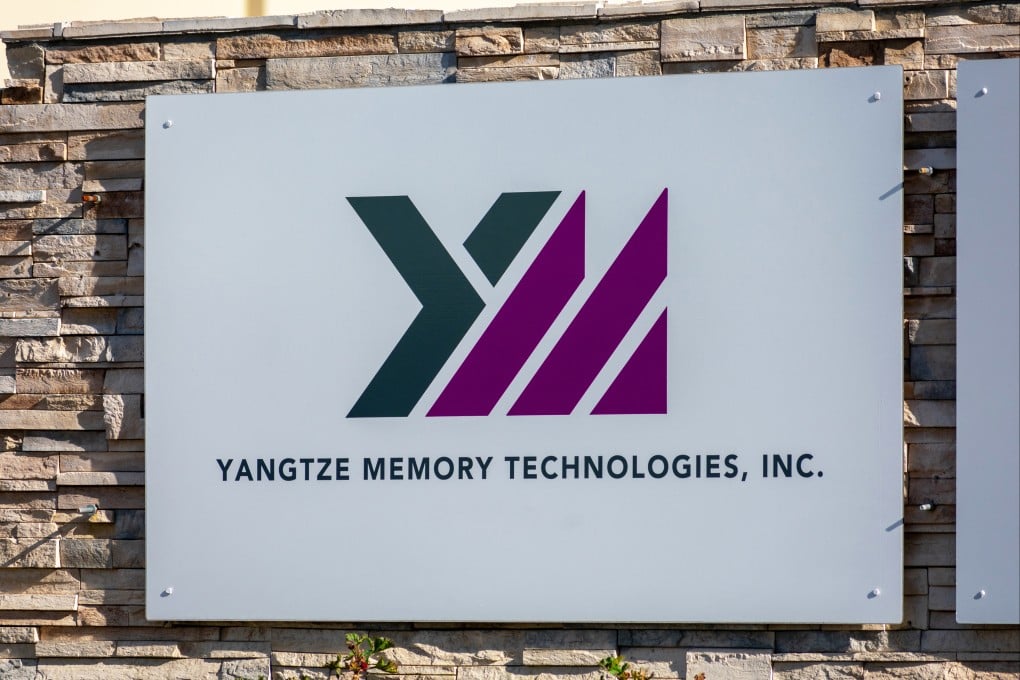Top Chinese memory chip maker YMTC said to be laying off 10 per cent of workforce after US sanctions
- The laid off workers were identified as ‘underperformers’ in their 2022 performance review, according to a source familiar with the situation
- One of the sacked workers said on Chinese social media that YMTC asked him to pay back over 400,000 yuan for a subsidised apartment he bought in Wuhan

Top Chinese memory chip maker Yangtze Memory Technologies Corp (YMTC) is laying off up to 10 per cent of its workforce less than two months after it was added to a US trade blacklist.
According to one source familiar with the situation, the laid off workers – representing about 10 per cent of the total – were internally identified as “underperformers” in their 2022 performance review. If confirmed, the lay-offs would amount to several hundred people as YMTC employs nearly 6,000, according to the corporate registry database Qichacha.
YMTC did not reply to repeated requests for comment.
The report gained public attention after one of the laid off YMTC employees, who said he worked at the company for more than four years, posted on Chinese social media platform Zhihu that the company asked him to pay back over 400,000 yuan (US$59,000) for a subsidised apartment he bought in Wuhan, where the headquarters of YMTC is located. The employee confirmed his identity with the South China Morning Post but declined to be named because of the sensitivity of the matter.
The employee wrote that he had bought the apartment at a discount under the company’s preferential housing policy. However, since his service at YMTC was shorter than five years, the company said he was required to pay the price difference. His Zhihu post generated widespread sympathy from Chinese internet users, as it is rare for an employer to seek to recoup money from sacked employees.
The YMTC employee told the Post that the lay-offs affect “almost all departments” and range from 5 to 10 per cent of staff. Dismissed employees who purchased subsidised housing but worked at the company for less than five years were asked to repay amounts ranging from 300,000 yuan to 1 million yuan, he added.